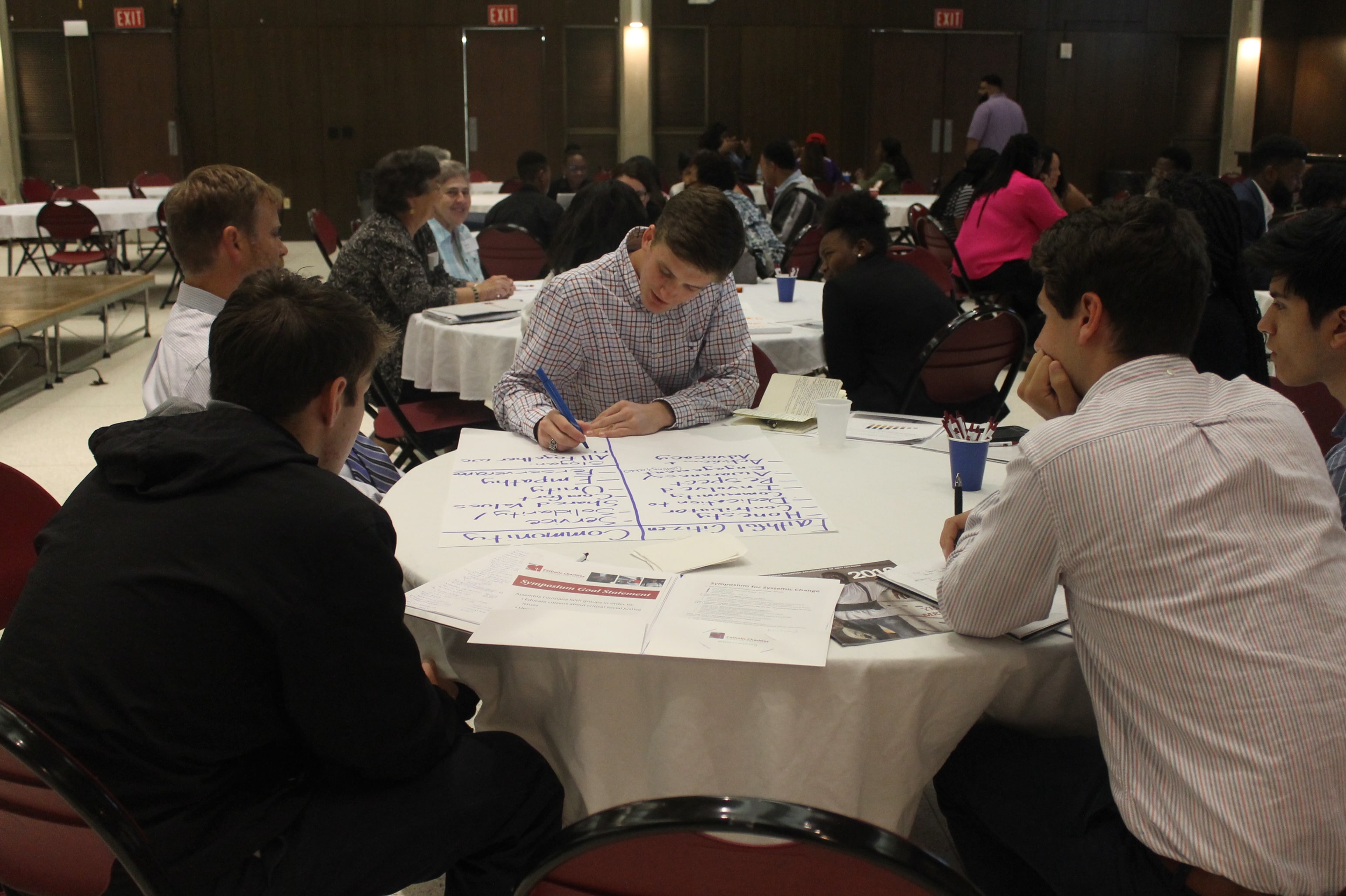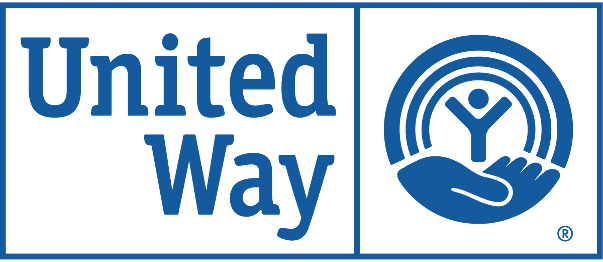November 13, 2017 – Bonny Van
Less than two weeks before 1,900 prisoners convicted for non-violent crimes were released as part of Louisiana’s new criminal justice reform package, those who support and work for social justice reform gathered at the Catholic Life Center to discuss issues, plans and actions.
The Symposium for Systemic Change, held Oct. 20 at the Catholic Life Center, was sponsored by Catholic Charities of the Archdiocese of New Orleans. The event included breakout sessions on human trafficking, immigration and re-entry to society for those released from prison. Organizer Ronnie Moore said the event was held in Baton Rouge for the first time as part of an effort to recruit more people to get involved in social justice issues. Past locations include Luling, Robert and St. Joseph Abbey in Covington.
“We’re going statewide,” said Moore, a well-known civil rights leader from New Orleans who looks younger and more energetic than his age of nearly 77 years old. “We can’t address this whole problem of systemic change from one diocese. Has to be throughout the state.”
In his opening remarks, Bishop Robert W. Muench talked about the lessons from (St.) Matthew 25 regarding our actions as an extension of God’s love, from feeding the hungry to providing shelter and visiting the sick.
“But to visit the prisoners, to care for them. ‘They don’t deserve it,’ some would say. ‘They earned what they got.’ The love of Jesus Christ is extensive,” said Muench. “It doesn’t go to those who we consider deserve it, but it goes to every fellow human being.”
Bishop Muench said in order for restorative justice to work, “people have to overcome prejudices” and stressed the importance of a support system that offers support even when mistakes are made.
“Obviously, from the grace of God and our faith, but also with the help of human beings, beginning with family, that helped form us, that helped correct us when we needed correction, that modeled for us what it means to be a responsible person and citizen,” he said. “And when we failed, they did not abandon us but they supported us. Those are all essential elements for a healthy human being and human life.”
Moore is coordinator of Cornerstone Builders of CCANO, a re-entry program for formerly incarcerated men and women. The group provides services that include housing, employment and other programs. It also offers annual free bus rides for family members to visit loved ones in 13 correctional centers around the state.
With Louisiana’s efforts to reform its criminal justice system in order to reduce its staggering prison population of 35,000, Moore hoped people would come together and make plans to help former prisoners. That includes volunteers, returning citizens, church groups, the Departments of Public Safety and Corrections and politicians.
“When we all get together, all these diverse partners, taking a look at the same problem, we come up with the solutions,” he said. “The purpose is to get us all together thinking through it, like 1,900 people coming out of prison and they’re going to turn them loose. We got a problem and that’s a collaborative problem. What are we going to do with them? Are we going to meet them at the gate? What resources are we going to provide for them?
“That’s the purpose of this symposium. It’s the only way. We’re thinking through those things as they develop. We can’t control the developments, but we can control what we’re going to do in relation to them.”
More than 100 people from throughout southeast Louisiana and the Baton Rouge area attended the event which is in its 10th year, including Bruce Kennedy, an officer with the Louisiana Office of Probation and Parole in Amite. Kennedy was there to learn about community resources and “to get a larger picture of what’s going on with criminal justice reforms that are about to hit.” He said the biggest problem on the streets right now is the opioid epidemic.
“We’re seeing a new record (number) of overdoses because of opioids and synthetic opioids,” he said. “Opioids can be expensive, even heroin can get expensive after a while, and in order to pay for that, you end up stealing from your family, your neighbors, your children and that also leads to neglect because of children and people that you have to care for because, unfortunately with addiction, you don’t love anything more than that addiction.”
Those problems and others will continue to be discussed at future symposiums sponsored by CCANO. Moore said the group might alternate the meetings between Baton Rouge and New Orleans. But, as Louisiana tries to rehab its rehabilitation system, there will be lots more work for volunteers and those who work for social justice reform.
Bishop Muench said the work is a “necessary thing,” even if others didn’t understand or agree.
“If we’re waiting for everyone to be on the same page, it’ll never get there,” he said. “Our responsibility is to bring others with us to respond to this urgency. Do it the best way we can, individually and collectively, but, to work as part of a mosaic of cooperation, each doing our part to make a beautiful picture whose face is Jesus Christ.”






